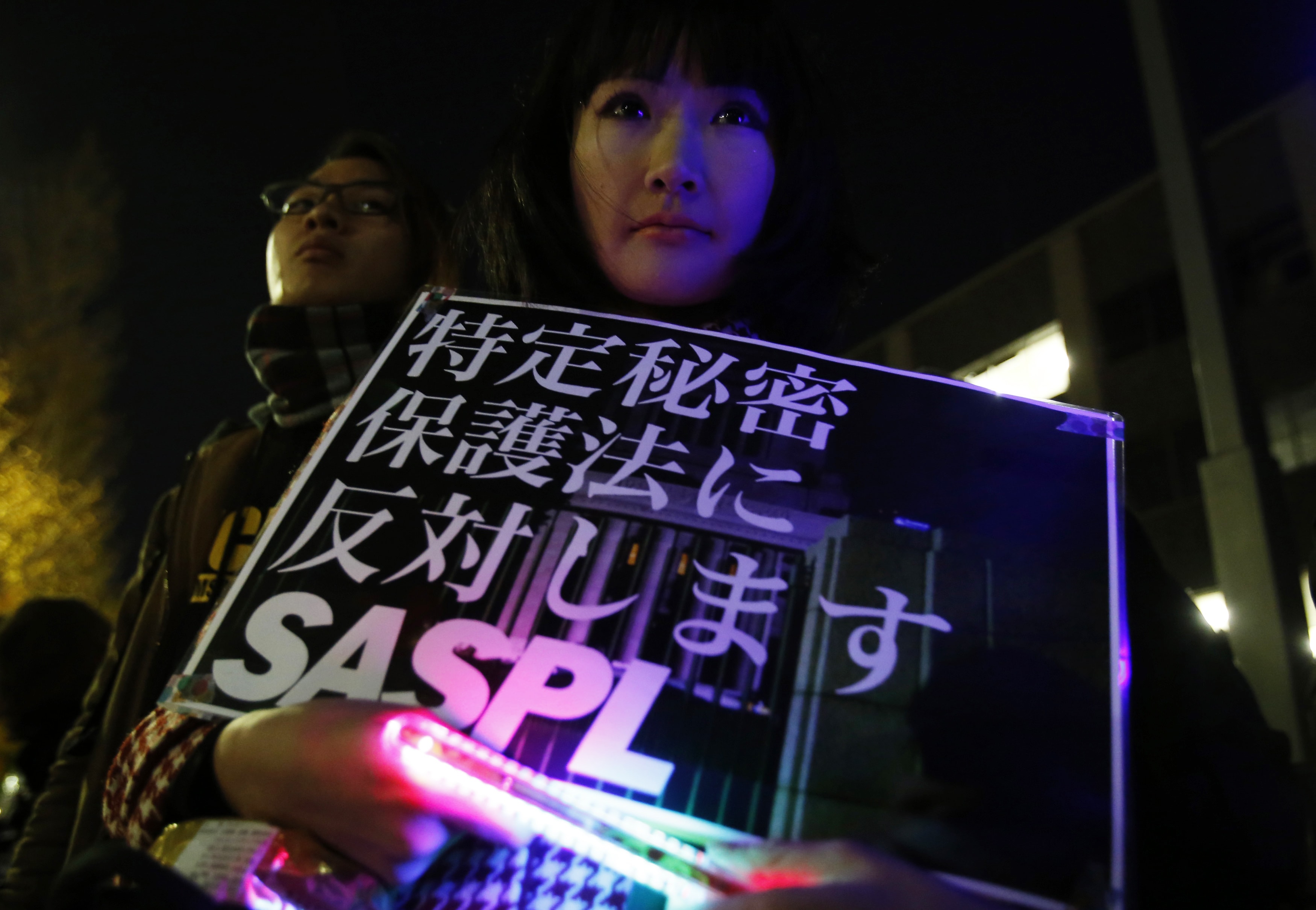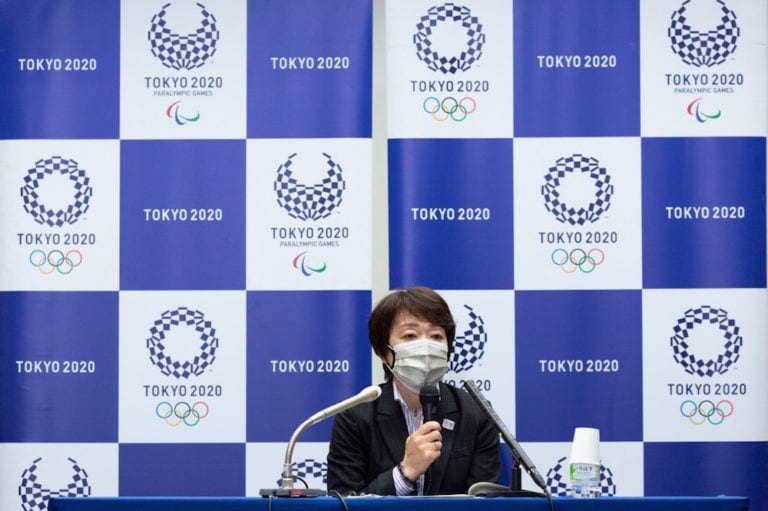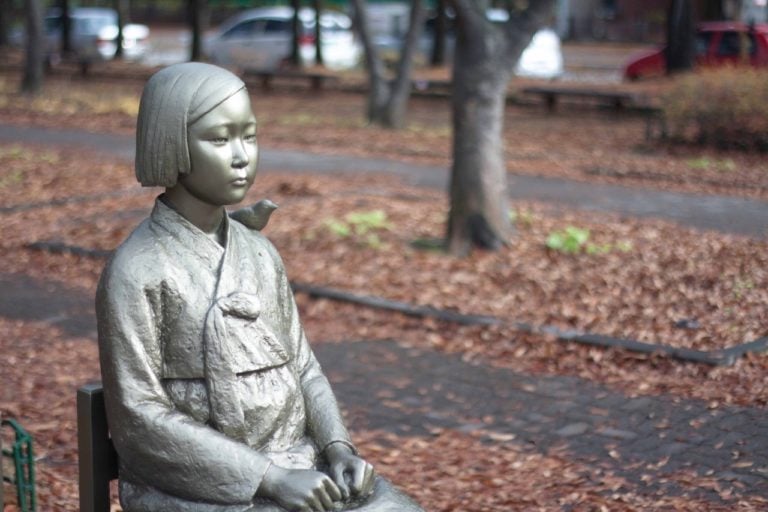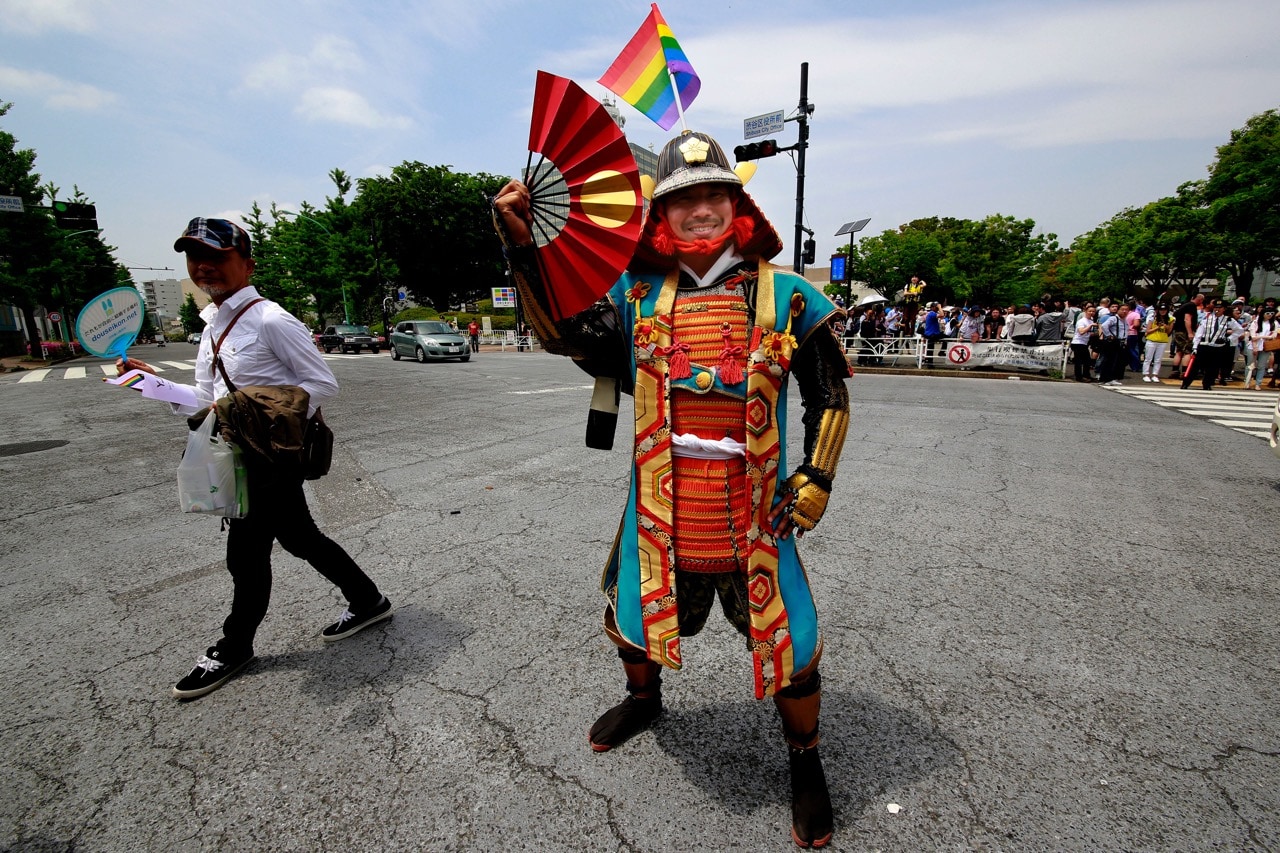RWB supports the legal action taken by a group of 43 independent journalists in an attempt to get Japan's state secrets law overturned on the grounds of unconstitutionality.
This statement was originally published on rsf.org on 15 December 2014.
Reporters Without Borders regrets that on 10 December 2014, when the entire world was celebrating the 66th anniversary of the Universal Declaration of Human Rights, the Japanese government allowed a draconian law on state secrets, one that violates the constitution and limits media freedom, to take effect.
Passed a year ago by the Japanese parliament, the Act on the Protection of Specially Designated Secrets (SDS) provides for sentences of up to 10 years in prison for whistleblowers who leak “state secrets” and for journalists and bloggers who report information they obtained “illegally” or sought from whistleblowers.
The new law is also dangerous because of the vagueness of the criteria used for classifying information as a “state secret” and the lack of transparency with which the government is allowed to act.
Reporters Without Borders supports the legal action taken by a group of 43 independent journalists – led by Yu Terasawa, a freelancer and Reporters Without Borders “Information Hero” – in an attempt to get the law overturned on the grounds of unconstitutionality.
In a statement released on 10 December, the journalists said they are also now trying to rally a majority of parliamentarians in the Japanese Diet in an attempt to get the law repealed.
As well as arguing that the law is unconstitutional, they point out that the government pushed it through parliament a year ago regardless of strong public opposition and then, in October, ignored 24,000 online comments critical of the enforcement order and implementation guidelines.
“This law clearly violates Japan’s constitution,” said Benjamin Ismaïl, the head of he Reporters Without Borders Asia-Pacific desk. “By refusing to recognize the existence of the principle of general interest and by flouting the public’s right of access to information, Prime Minster Shinzo Abe’s government is taking Japan back 50 years.
“What if the nuclear power issue and the aftermath of the Fukushima disaster were classified, or if the government wanted to cover up a case of corruption? There is no provision for oversight of the government and the size of the possible jail terms would deter most journalists from investigating a classified subject.”
Ismaïl added: “We urge the government to repeal this draconian law as the group of 43 independent Japanese journalists have requested.”
Protests were already organized when the law was adopted in 2013. Another one was organized on 10 December outside the office of the prime minister, who claimed on 18 November that the law was concerned only with spying and terrorism, and not matters of general interest.
Japan is ranked 59th out of 180 countries in the 2014 Reporters Without Borders press freedom index.



